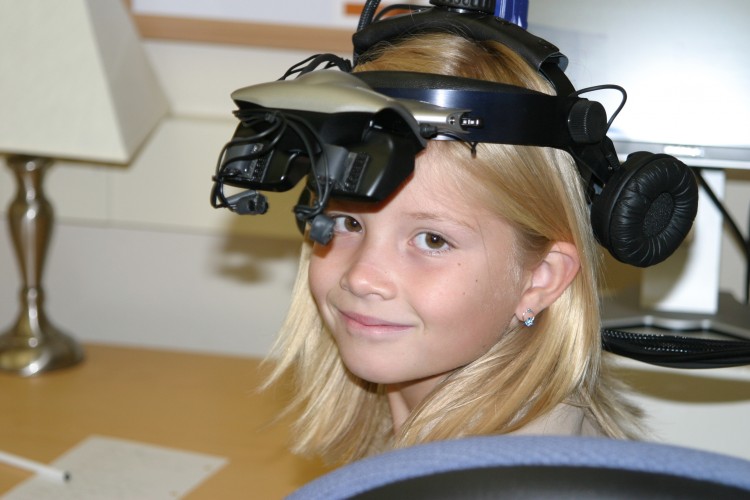 Learning is what defines us as
humans, not only in formal classrooms but across our whole lives.
In Learning and Mind Sciences, we focus on the learner. Within
the School of Education and beyond, our faculty examine learning
and development—in sociocultural contexts and among diverse and
special-needs populations—and how best to assess, measure, and
investigate these fascinating and complex processes. Collectively
our work crosses a wide spectrum of fields, from the micro-level
of neurological development to the macro-level of social systems,
yet learners are always at the center of our attention. In
addition to conducting basic research, we are also makers and
designers. We create and study learning environments, learning
technologies, learning and behavioral interventions, and
measurement and assessment systems. Come build the future of
learning with us.
Learning is what defines us as
humans, not only in formal classrooms but across our whole lives.
In Learning and Mind Sciences, we focus on the learner. Within
the School of Education and beyond, our faculty examine learning
and development—in sociocultural contexts and among diverse and
special-needs populations—and how best to assess, measure, and
investigate these fascinating and complex processes. Collectively
our work crosses a wide spectrum of fields, from the micro-level
of neurological development to the macro-level of social systems,
yet learners are always at the center of our attention. In
addition to conducting basic research, we are also makers and
designers. We create and study learning environments, learning
technologies, learning and behavioral interventions, and
measurement and assessment systems. Come build the future of
learning with us.
Course Information
Graduate students in Learning and Mind Sciences typically
specialize in one of the following strands, although course
enrollment across areas is common and encouraged:
Assessment, Measurement, and Psychometrics
Faculty
Sample Courses
- 203 – Educational Testing and Evaluation
- 237 – Survey Research Methods
- Psych 205F – Item Response Theory
- Psych 205C – Structural Equation Modeling
Learning, Design, and Social Context
Faculty
Sample Courses
- 210 – The Psychology of School Learning
- 211 – Social & Situative Perspectives on Learning & Cognition
- 209 – Image-based Field Research
- 292* – Digital Literacies
- 292 – Informal Learning
Cognition and Interventions for Special Populations
Faculty
Training Opportunities
Sample Courses
- 292* – School Based Interventions for Neurodevelopmental
Disorders
- 242 – Text Comprehension
- 213 – Individual Differences and Assessment in Education
- Psych 212A – Developmental Psychology: Cognitive & Perceptual
Development
- Psych 230 – Cognitive Psychology
PhD students are admitted into the emphasis area and into a
faculty advisor’s research lab. Full-time students who are
willing to commit to a complete immersion in the graduate school
experience can be fully funded by a combination of research
assistantships, teaching assistantships, and fellowships.
Alumni Information
LMS graduates pursue careers in academic and non-academic
environments. Recent graduates are currently employed as faculty
at research-intensive and teaching-focused universities and
colleges, post-doctoral researchers, academic staff, specialists
and program evaluators for non-profits, clinicians, and
measurement scientists.
Some recent graduates
- Laura Greiss-Hess, PhD: Assistant Professor of Special
Education, Dominican University, San Rafael CA
- Ali Sakkal, PhD: Assistant Professor of Education, Wake
Forest University
- Kevin Lai, PhD: Post-doctoral researcher, University of
California, Berkeley
- Maria Regalado, PhD: Faculty Research Chair, Educational
Psychology, Sacramento City College
- Betsy Faber Rogers, MA: Project Manager, Gateways Project, UC
Davis Arboretum
- Heather Breen Worker, MA: Data and Evaluation Specialist,
First Place for Youth, Oakland CA